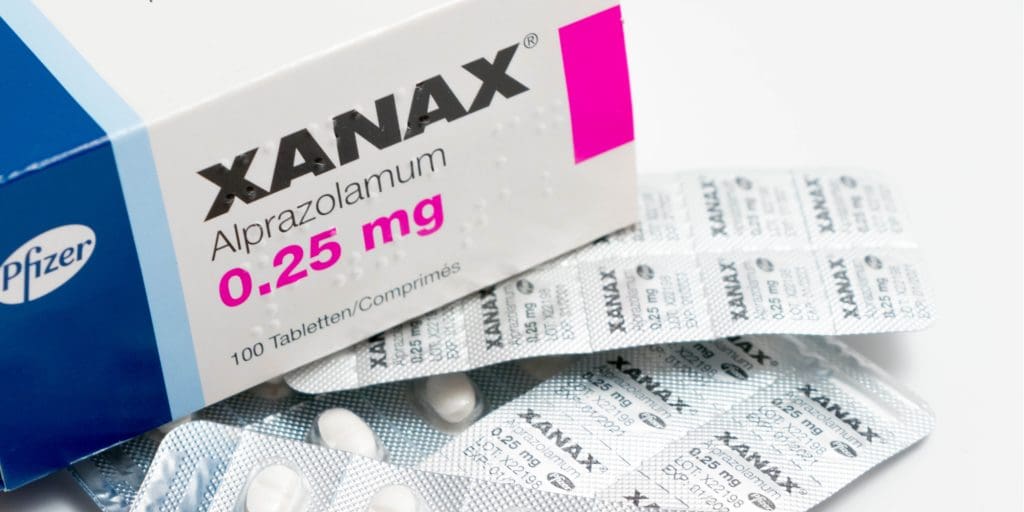For millions of Americans living with anxiety disorders, medication management is part of their treatment plan. And for years, benzodiazepines for anxiety have been a popular treatment option. But their risk for addiction is significant, and many people with anxiety already struggle with addiction to benzodiazepines. For this reason, alternatives to benzodiazepines for anxiety are sometimes a key part of treatment.
So what are the best non-addictive anti-anxiety medications? And are benzodiazepines for anxiety safe? Keep reading for answers to your questions about non-habit-forming anxiety medication.
Contents
Are Benzodiazepines for Anxiety Safe?

Some of the most popular anti-anxiety medications are benzodiazepines, including Xanax, Ativan, Valium, and Tranxene, to name a few. And in many cases, they work well and can help people better manage their anxiety when taken alongside mental health treatment. But in some cases, they may do more harm than good.
Part of what makes benzodiazepines so effective at treating anxiety is that they are sedatives, meaning they make it easier to relax. When taken as prescribed, their sedative properties can help counter many anxiety symptoms. But when taken in excessive quantities, especially with the intent being to enjoy the effects rather than treat anxiety symptoms, these medications can be habit-forming and easily abused.
This is why, when an individual with anxiety has a history of addiction, they are typically prescribed a non-addictive anxiety medication. Let’s take a look at what some of those options look like.
Alternatives to Benzodiazepines for Anxiety
There are several types of anti-anxiety medications that have proven far less addictive than benzodiazepines. These include:
- Selective serotonin reuptake inhibitors
- Selective norepinephrine reuptake inhibitors
- Anticonvulsants
- Buspirone
Of course, which of these medications, if any, are right for you will depend on your personal mental health history and your physical health. Let’s take a look at how each of these medications can help individuals with anxiety disorders.
Selective Serotonin Reuptake Inhibitors (SSRIs) for Anxiety
SSRIs are commonly used to treat both depression and anxiety, and they work by helping balance out the chemistry in an individual’s brain. Serotonin is a chemical messenger in the brain that allows brain nerve cells to communicate, which helps transmit certain emotions. By stopping the brain from reabsorbing serotonin, there is more of the chemical available, which can have a calming effect on moods and minimize anxiety symptoms.
Some of the most common SSRIs for anxiety include:
- Escitalopram (Lexapro)
- Citalopram (Celexa)
- Sertraline (Zoloft)
- Fluoxetine (Prozac)
Selective Norepinephrine Reuptake Inhibitors (SNRIs) for Anxiety


SNRIs work the same way as SSRIs, but they block the reuptake of both serotonin norepinephrine. While these are typically prescribed for depressive disorders, they may also be used to treat anxiety in some cases, although SSRIs are usually the first choice for health care providers. For this reason, SNRIs are typically prescribed after SSRIs have been proven ineffective for an individual.
Common types of SNRIs for anxiety include:
- Duloxetine (Cymbalta)
- Venlafaxine (Effexor XR)
- Desvenlafaxine (Pristiq)
Anticonvulsants for Anxiety
Anticonvulsants typically work by calming down parts of the brain that are overactive, which is why they make common treatments for people with epilepsy. But because hyperactivity in the brain is also present in people with anxiety disorders, anticonvulsants can also be prescribed for anxiety, especially in cases where individuals experience panic attacks or anxiety attacks. This is among the least common alternatives to benzodiazepines for anxiety, but it is still effective in some cases.
Common types of anticonvulsants for anxiety include:
- Pregabalin (Lyrica)
- Gabapentin (Horizant)
Buspirone
Unlike the other anti-anxiety medications on this list, buspirone is its own medication rather than a type of medication. It is chemically distinct from other alternatives to benzodiazepines, and it works by helping receptors of chemicals like serotonin and dopamine work better and take in more of these neurotransmitters.
Buspirone is most often prescribed after other medications have failed to work or have presented with unpleasant side effects, and it is used almost exclusively as a non-habit-forming anxiety medication.
Treating Anxiety Safely
Addiction is a common issue among those living with anxiety, since individuals often use drugs or alcohol as a means to cope with anxiety symptoms. In this case, both addiction and anxiety would be classified as co-occurring disorders, or dual diagnosis, wherein both issues develop together and worsen each other.
Without proper treatment, prescribing addictive benzodiazepines for anxiety could worsen addiction issues. That’s why our dual diagnosis program works with each individual to find the medication that’s right for them, even if that’s a benzo alternative. Medication management is an important part of treatment for many people, and if you have anxiety and a history of addiction, we’ll work with you to find the right alternative to benzodiazepines for anxiety.
Want to learn more about how we can help? Call our admissions specialists at (772) 238-7734 or ask your questions online. We want to give you the best chance at recovering from anxiety and addiction; all you have to do is tell us how we can help.


























